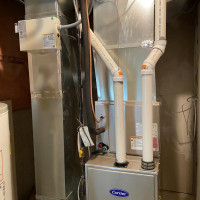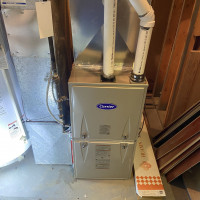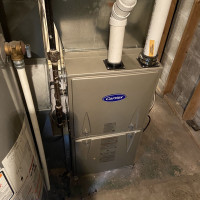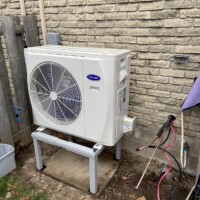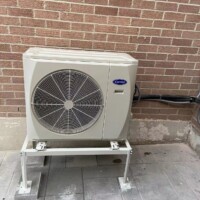
No one gets excited about having to replace their gas furnace. However, the idea of freezing in your home isn’t too exciting either. Despite efforts to prolong its life, there may come a time when it is better to replace your furnace rather than repair it. The decision to replace your current gas furnace often depends on one, or a combination of, age, condition, and performance.1
Continuous Repairs
Perhaps you have been there! You think your HVAC system is good, only to have to call your professional licensed HVAC contractor again for repair after repair. Even with proper maintenance and the dedicated efforts of a highly skilled HVAC contractor, an aging furnace may start to show its age.
Continuous repairs can get expensive for a homeowner. As discussed in “Eliminate Indoor Hypothermia – Furnace Repair or Furnace Replace?” you should determine your repair spending cut off point. For estimation, it may be best to start researching a new gas furnace before you experience a breakdown.
How expensive does a furnace repair need to be before it’s not worth repairing it? If key parts fail, such as the heat exchanger or control module, it may be better to replace the unit. However, you should always discuss repair vs replacement options with your HVAC technician. So that you can get a clearer assessment of the price tag of repairs and the predicted longevity of your gas furnace.
Heating and Comfort
The indoor comfort of your home and family is probably one of your highest priorities. Gas furnace systems can have a complicated arrangement of gas and electricity working together. However, if one or more parts are damaged, your heating system has the potential to become a comfort hazard.
According to the Air Conditioning, Heating and Refrigeration Institute. They said older furnaces that do not comply with current standard codes may pose a higher risk due to their earlier technology. “Newer gas furnaces are equipped with many features that shut the furnace off, but older furnaces may not have these devices. “3
Energy Efficiency
A licensed professional HVAC contractor may reveal that the AFUE of your gas furnace may be the primary cause of these excessive costs.
An older gas furnace with an AFUE rating of 70% would mean that only 70% of its fuel is used to heat your home. The remaining 30% may escape through the chimney or exhaust. That means that up to 43% of the energy used to run your furnace may be wasted. A high-efficiency model can offer higher AFUE ratings, potentially providing significant energy efficiency and savings on utilities.

